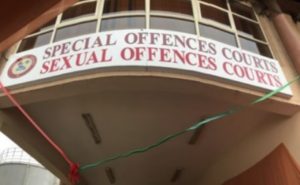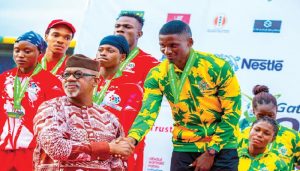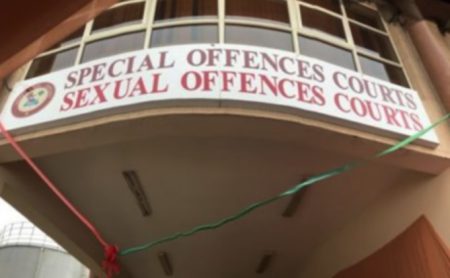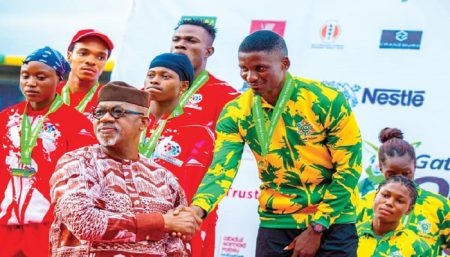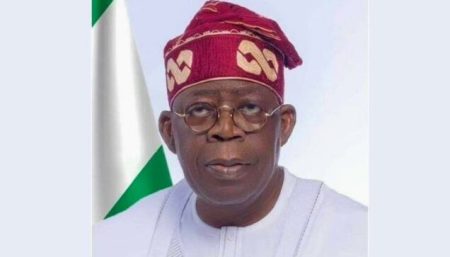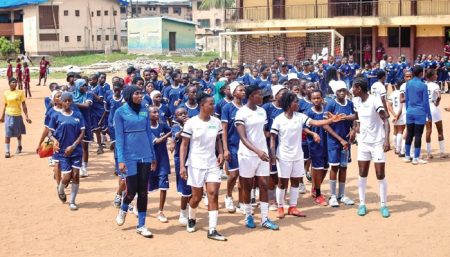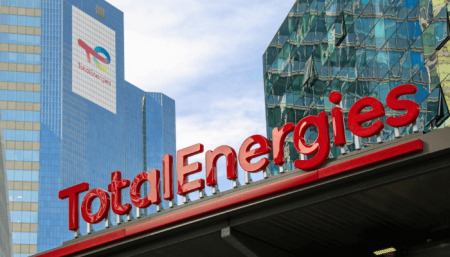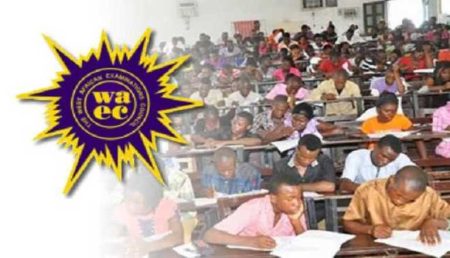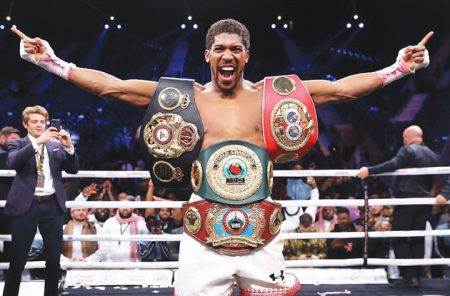The Peoples Democratic Party (PDP) is grappling with a persistent internal crisis that threatens its stability and future prospects. A recent National Executive Committee (NEC) meeting, the 99th, highlighted the deep divisions within the party, particularly concerning the position of National Secretary. A fact-finding committee, led by Governor Agbu Kefas of Taraba State, confirmed that the Independent National Electoral Commission (INEC) still recognizes Senator Samuel Anyanwu as the party’s National Secretary, despite efforts by some governors to replace him. This recognition stems from a Supreme Court judgment and INEC’s insistence on a formal 21-day notice and adherence to due process for any removal. This development has further fueled tensions within the party, especially with FCT Minister Nyesom Wike, a key figure in the ongoing power struggle.
The conflict surrounding the National Secretary position is intertwined with broader disagreements and power plays within the PDP. Wike, a powerful figure within the party, has accused the leadership of reneging on agreements meant to resolve the crisis. He has specifically pointed fingers at Governors Seyi Makinde (Oyo) and Peter Mbah (Enugu), accusing them of exacerbating the situation. Wike’s withdrawal from reconciliation efforts, following what he perceives as betrayals, significantly complicates the path to unity. While a reconciliation panel, led by former Senate President Bukola Saraki, has held emergency meetings, the outcome remains uncertain, and the party remains deeply fractured.
The internal strife within the PDP extends beyond the National Secretary dispute. Several other issues, including the crisis in Rivers State, disagreements over zonal congresses, and the recent North Central Zonal Congress, have further polarized the party. These conflicts often pit Wike and his allies against other prominent figures, including Governors Caleb Mutfwang (Plateau) and Ahmadu Fintiri (Adamawa). The core of the conflict seems to revolve around decisions made by the National Working Committee and the PDP Governors’ Forum, which are perceived by some as attempts to marginalize Wike’s influence.
Despite numerous attempts at reconciliation by various party organs, including the National Working Committee, Board of Trustees, NEC, and the Governors’ Forum, the crisis has only deepened and spread across different states and geopolitical zones. This prolonged instability has led to multiple postponements of the NEC meeting, delaying crucial decisions regarding the party’s future. The uncertainty and internal conflicts have also contributed to defections, such as that of Delta State Governor Sheriff Oborevwori to the ruling All Progressives Congress (APC).
The 99th NEC meeting itself was marked by chaos and further exposed the deep fissures within the party. A South-East Zonal member challenged the legitimacy of National Vice Chairman (South East) Ali Odefa, claiming he was no longer a party member. This incident, coupled with the contentious issue of the National Secretary position, underscores the level of distrust and animosity within the PDP. The NEC ultimately decided to postpone a final decision on the National Secretary issue until a later meeting, scheduled for June 30, 2025, in order to ensure adherence to due process.
The PDP’s internal struggles go beyond mere power struggles; they reflect a deeper identity crisis. While Chairman of the Board of Trustees, Senator Adolphus Wabara, acknowledges the self-inflicted nature of many of the party’s challenges, he also emphasizes the party’s enduring commitment to democracy and the rule of law. He calls for genuine reconciliation, urging party members to prioritize unity and the collective interest over personal ambitions and grievances. However, bridging the deep divides within the party will require more than just rhetoric; it demands concrete actions and a demonstrable commitment to fairness and inclusivity from all stakeholders. The future of the PDP hinges on its ability to address these internal conflicts and present a united front, especially as it looks towards the 2025 National Convention and beyond. Failure to do so risks further fragmentation and a decline in its relevance in the Nigerian political landscape.


